Does the way we fund scientific research benefit everyone equally?
Funding agencies allocate money to scientific research projects with aims that could benefit society. But how do we know what the full effects of research are, and who these benefits reach? Dr Thomas S. Woodson, Associate Professor at Stony Brook University in the US, studies the broader impacts of research. By understanding broader research impacts, we can improve the way that funding is allocated to ensure that benefits from science reach the people who most need them
TALK LIKE A SCIENCE AND TECHNOLOGY POLICY RESEARCHER
PUBLIC POLICY – an approach, including rules, principles and plans, formally adopted by a government or another institution to tackle a certain issue (such as healthcare)
FUNDING AGENCY – an organisation which allocates a certain amount of money, known as a research grant, to scientific research projects to pay for scientists, lab equipment, etc.
RESEARCH ABSTRACT – a brief written summary of a research project, which includes a description of the methods and outcomes, often at the start of a longer report, with further details about the research
IMPACT – an effect or consequence
INEQUALITY – an unequal distribution of resources or opportunities among members of a society
MARGINALISED GROUPS – people who are regularly excluded from certain aspects of society or ignored, which often results in them being disadvantaged economically and in other ways
MACHINE LEARNING – using and developing computer algorithms (sets of instructions), which can improve automatically over time through finding patterns in large datasets
Organisations like the US National Science Foundation (NSF) fund scientific research which aims to have positive impacts on society, such as developing new green technologies or more reliable materials. However, currently, we know very little about what kinds of impacts different research projects have and who they affect. Dr Thomas S. Woodson, of the Department of Technology and Society at Stony Brook University, studies these impacts. Thomas believes that by finding out who currently benefits from scientific research, we can reduce inequalities in the future and ensure that science has wide-reaching positive impacts on society.
WHY SHOULD WE STUDY THE IMPACTS OF SCIENTIFIC FUNDING?
Throughout its history, science has provided many benefits to people, for example through the development of technologies like computers. Thomas says, “Science agencies want to find more life changing discoveries!” Government funding agencies allocate money provided by taxpayers, so the agencies also have a responsibility to spend those funds on research that people will benefit from. Therefore, agencies like the NSF monitor the impacts of the research they fund.
WHICH IMPACTS ARE IMPORTANT?
The NSF awards research funding to projects based on two main criteria. Thomas explains that the first, called intellectual merit, describes the novelty of the research project (how new and creative it is), while broader impacts (BIs) describes how the project can have positive impacts on society.
Some research projects fulfil both criteria well, while others do not have many BIs. “I think it is okay for some projects not to have clear broader impacts,” says Thomas. “Many science experiments and discoveries have no clear broader impact, but it is important to keep learning new things. Also, many scientific findings do not have a clear use when they are first discovered, but, over time, they become extremely important for society.”
However, Thomas thinks that when research projects do have BIs, it is important that we have a good understanding of what they are and who they affect. He is investigating two aspects of BIs which are currently not monitored by the NSF. They are inclusion, which considers who will benefit from the research, and immediacy, which looks at how closely related BIs are to the actual science behind the research.
HOW DO YOU STUDY BROADER IMPACTS?
Thomas and his research students have read the abstracts and summary reports of 400 research projects funded by the NSF, analysing whether the BIs are inclusive. “For example, in these abstracts and reports, if the scientists said that their research could help poor or marginalised groups, then we classified it as having inclusive broader impact,” says Thomas.
During their analysis, Thomas and his team also classified BIs at different levels of immediacy. When the BI is the purpose of the research, it is classified as an intrinsic impact. For example, developing malaria medicine is an intrinsic impact of scientific research with this aim. Training students to conduct research would be classified as a direct impact – it occurs as a direct result of the research project, but it is not its purpose. The BI is extrinsic if it is totally unrelated to the research project. For example, if a physicist visits a school to give a talk about careers in science.
However, Thomas says that it can be difficult to understand the short- and long-term impacts of a research project using this method. For example, there might be long-term impacts that are not written about in abstracts or project reports.
WHAT ARE THE STUDY FINDINGS, SO FAR?
Thomas’ research finds that, currently, BIs tend to benefit advantaged groups of people (those with more money and power) over the general population or marginalised groups. He explains, “Developing a new technology is very expensive.
If a company wants to make money from its new technology, its best option is to develop and sell it to people with money and power.” This means that new technologies resulting from scientific research benefit advantaged groups more than other people, so there are inequalities in the ways BIs are distributed. However, as Thomas says, “There is a lot of research that helps everyone regardless of status. For example, developing a smart grid will help both rich and poor.”
Thomas and his research students are also examining the relationship between BIs and how productive scientists are. He says, “There’s often the worry that if a scientist has spent a lot of time on broader impacts, they’re not spending time doing their research.” But, he reports that, based on his team’s findings so far, this does not seem to be the case. This evidence suggests that there are not really downsides to scientists ensuring positive broader impacts from their research, which is good news!
WHAT ARE THE NEXT STEPS FOR UNDERSTANDING BROADER IMPACTS?
If the research team can develop a way to use machine learning to analyse BIs based on key words, it could scale up its research substantially. One of Thomas’ students is trying to use machine learning to analyse 20,000 abstracts! “As you can imagine, that’s much more challenging because there’s lots of noise in the data and room for many errors,” says Thomas.
Reference
https://doi.org/10.33424/FUTURUM277
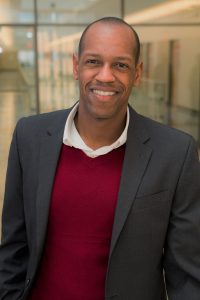 DR THOMAS S. WOODSON
DR THOMAS S. WOODSON
Associate Professor in the Department of Technology and Society at Stony Brook University, USA
FIELD OF RESEARCH: Science and Technology Policy
RESEARCH PROJECT: Investigating the broader impacts of scientific funding
FUNDERS: National Science Foundation (NSF), National Aeronautics and Space Administration (NASA)
This work is supported by the US National Science Foundation, under award number 1926494. The contents are solely the responsibility of the authors and do not necessarily represent the official views of US National Science Foundation.
 DR THOMAS S. WOODSON
DR THOMAS S. WOODSON
Associate Professor in the Department of Technology and Society at Stony Brook University, USA
FIELD OF RESEARCH: Science and Technology Policy
RESEARCH PROJECT: Investigating the broader impacts of scientific funding
FUNDERS: National Science Foundation (NSF), National Aeronautics and Space Administration (NASA)
This work is supported by the US National Science Foundation, under award number 1926494. The contents are solely the responsibility of the authors and do not necessarily represent the official views of US National Science Foundation.
ABOUT SCIENCE AND TECHNOLOGY POLICY
Researchers working in social and public policy are interested in how policies set by governments or other institutions impact people. Their research highlights where policies can be improved, so can have a direct impact on decision making. Thomas has a particular interest in how technology can impact inequality across the world and how policy can help to reduce inequality.
HOW CAN TECHNOLOGY IMPACT INEQUALITY?
Thomas says that technology can reduce inequality if used correctly. “Over the past 50 years, the quality of life for poor and marginalised groups keeps getting better,” he explains. “However, it is easy for technology to only benefit the rich and powerful, so government, industry and citizens must work to make technology equitable.”
WHAT ARE THE REWARDS OF SCIENCE AND TECHNOLOGY POLICY RESEARCH?
Having the opportunity to positively impact policy and decision making is one of the main reasons Thomas enjoys his research. He says, “I also like that my research allows me to travel and talk to people from around the world.”
WHO WILL BE THE NEXT GENERATION OF SCIENCE AND TECHNOLOGY POLICY RESEARCHERS?
It could be you! Thomas explains that to tackle the world’s policy challenges such as those related to climate change, we need a variety of perspectives. This is true for all research, and there is not just one type of person who can or should be a scientist. For example, if advantaged scientists from rich countries focus their efforts on developing technologies for rich people, then we will never solve big problems such as humanitarian crises. “That is why I think there is a bright future for scholars from around the world; it is increasingly apparent that we need a variety of viewpoints and solutions,” says Thomas.
EXPLORE CAREERS IN SCIENCE AND TECHNOLOGY POLICY RESEARCH
• It is important that anyone wanting to study science and technology policy is interested in current events and reads the news. Reliable media outlets like the BBC or The Economist discuss issues related to science and technology. Thomas also recommends reading journals like Science, Nature, Popular Science or Wired.
• You can seek out information about decision makers in your area (for example, local government) or non-governmental organisations that campaign on policy issues to find out current relevant topics and areas of debate. Look on their websites or ask if there are placement opportunities.
• Visiting a university with a research department related to science and technology policy is the best way to find out about a research career. Thomas explains that his university, Stony Brook, has many opportunities for students aged 12-18 to visit the campus, learn about research and experience the university.
• Visit www.stonybrook.edu/summer/audience/high-school-students and www.stonybrook.edu/commcms/stem-smart/k-12/step to find out more.
• The average salary for an academic researcher in the US is around $75,000 to $100,000, but salaries usually start lower than this at the early stages of a career and increase with experience.
PATHWAY FROM SCHOOL TO SCIENCE AND TECHNOLOGY POLICY RESEARCH
• Science and technology researchers come from all sorts of backgrounds – Thomas did a degree in electrical engineering before studying public policy.
• Thomas says that it is most important for students to learn how to ask questions, think and be persistent: “Those qualities make the biggest difference in being a researcher in science, technology, society and public policy.”
• It is important that you have an interest in research and how the world and policy works. Taking classes in policy, statistics, economics and sociology can help you develop relevant skills and knowledge.
HOW DID THOMAS BECOME A SCIENCE AND TECHNOLOGY POLICY RESEARCHER?
WHAT WERE YOUR INTERESTS WHEN YOU WERE GROWING UP?
I was interested in science and maths. I liked reading Popular Science magazine and learning about new technology.
WHAT LED YOU TO STUDY SCIENCE POLICY?
It was a big challenge for me to know what to study at university! I chose to study electrical engineering because I liked science and was drawn to computers more than cars and planes. When I was a kid, there was a movie called Minority Report with Tom Cruise and he used his hands to move a digital interface around. I thought it was the coolest thing ever! That’s why I went into electrical engineering, as opposed to say, mechanical or aerospace engineering.
However, engineers are very focused on one particular problem, they go into a lot of detail, which they have to do to solve problems. But I really wanted to see how technology impacts people. This led me to study science policy.
HOW HAVE YOUR EXPERIENCES IN DIFFERENT PARTS OF THE WORLD INFLUENCED YOUR RESEARCH?
Before I did my PhD, I had the chance to work at a materials science laboratory in Nigeria. Every day at around 2pm, the electricity cut out. As you can imagine, no matter how talented a scientist you are, if you have no power from 2pm to 4pm every single day, it’s going to negatively affect your work. That experience got me thinking about how policy problems are impacting science and technology development. Reliable power is not a challenging technical problem – we’ve solved that – but it is definitely a social problem. When I came back from that trip to Nigeria, I decided to study public policy for my PhD. Now, my work merges science issues with policy.
WHAT ATTRIBUTES HAVE MADE YOU SUCCESSFUL AS A RESEARCHER AND PROFESSOR?
I think the most important attributes are persistence and the desire to learn new things. Every researcher faces setbacks, so it is important to learn from these errors and try something new.
HOW DO YOU OVERCOME CHALLENGES?
Like everyone else, I’ve faced several challenges in my career, whether it is failing an assignment or not being selected for a programme. A major way that I have overcome these challenges is by reminding myself of what is ultimately important. I am a Christian, so I believe that there is a loving God who cares for me. Being a successful researcher and scholar is not what gives me value. When I feel like a failure, I remind myself of where I derive my value. I also think it is extremely valuable to have other hobbies and activities that you can enjoy outside of work. Right now, I have a young son, so I spend a lot of my free time playing with him and doing household chores.
WHAT ARE YOUR PROUDEST CAREER ACHIEVEMENTS, SO FAR, AND YOUR AMBITIONS FOR THE FUTURE?
My proudest career achievements are finishing my PhD and earning tenure, which is a permanent position, at my university. Both of those tasks took years to complete, and it is an honour to achieve them. In the future, I want to find more ways to help technology improve the lives of marginalised people, and I want to see more young people reach their full potential.
Be curious and study something that you find interesting. I started off in engineering but switched to
science policy because I felt more passionate about that topic.
Do you have a question for the Thomas?
Write it in the comments box below and the Thomas team will get back to you. (Remember, researchers are very busy people, so you may have to wait a few days.)

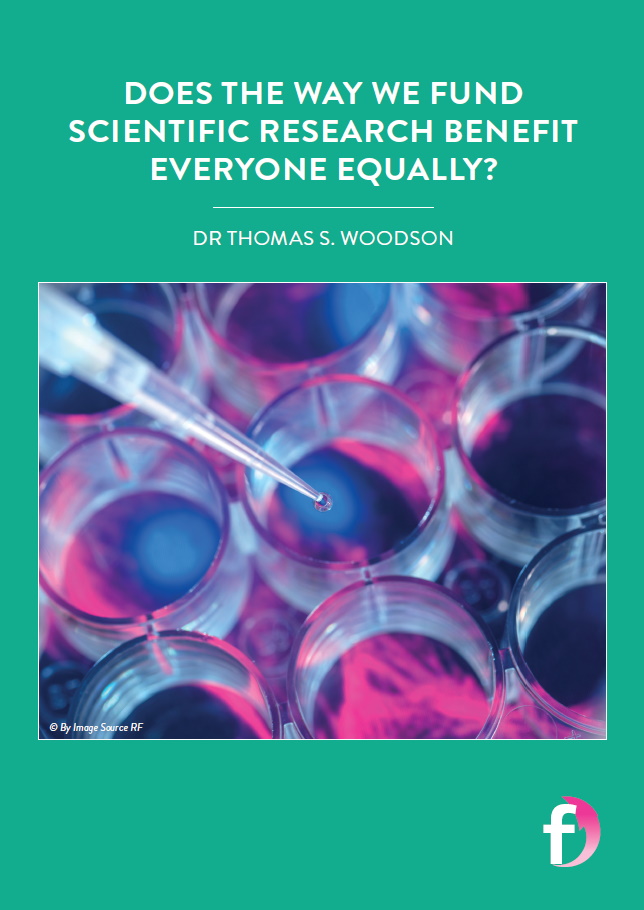
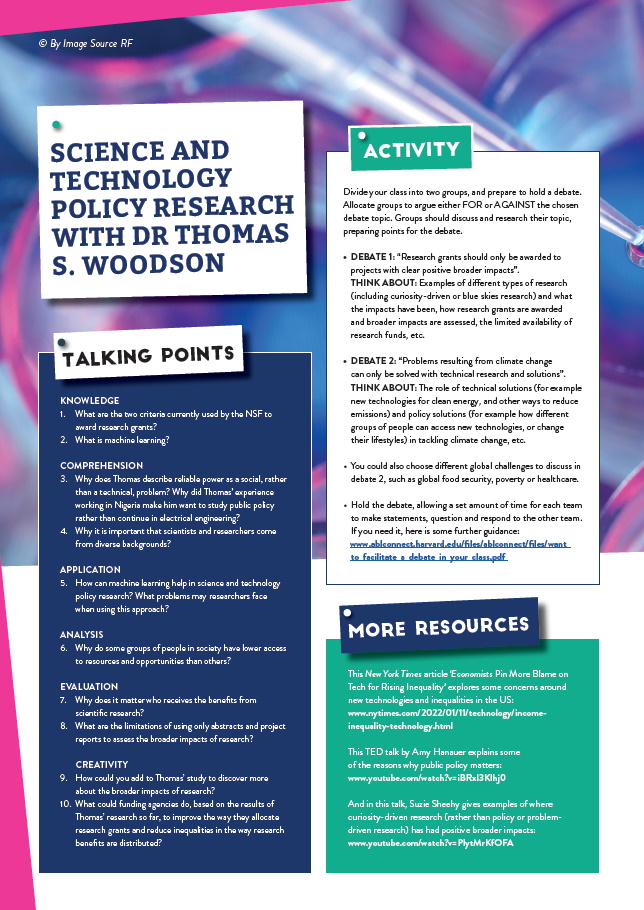
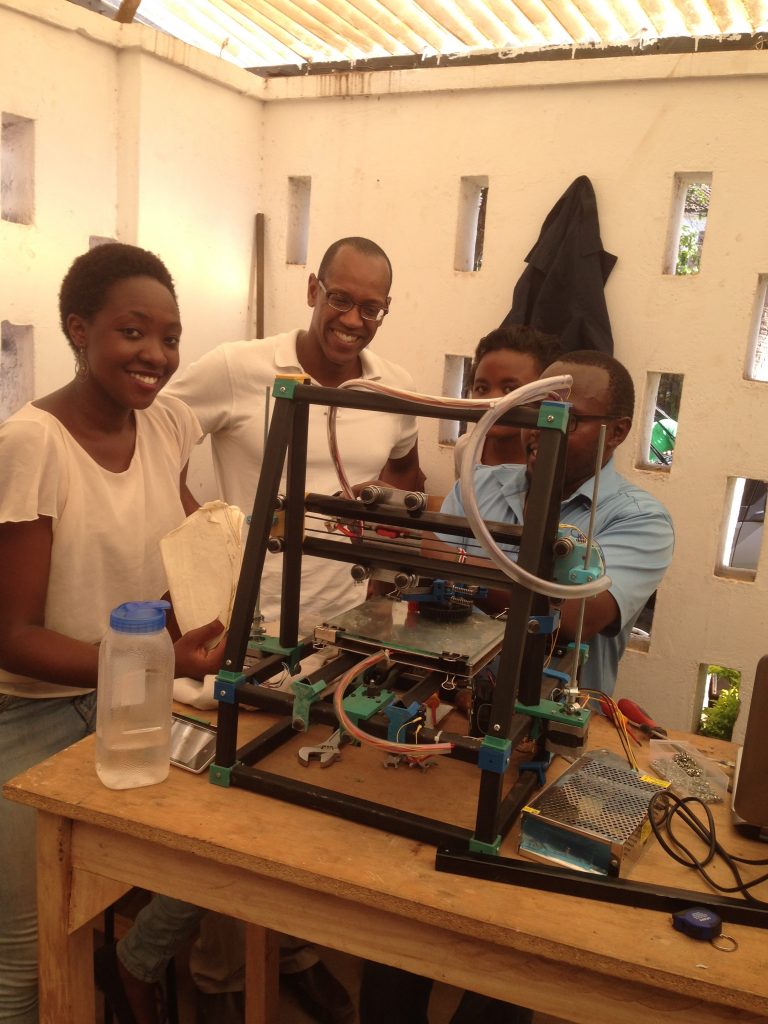
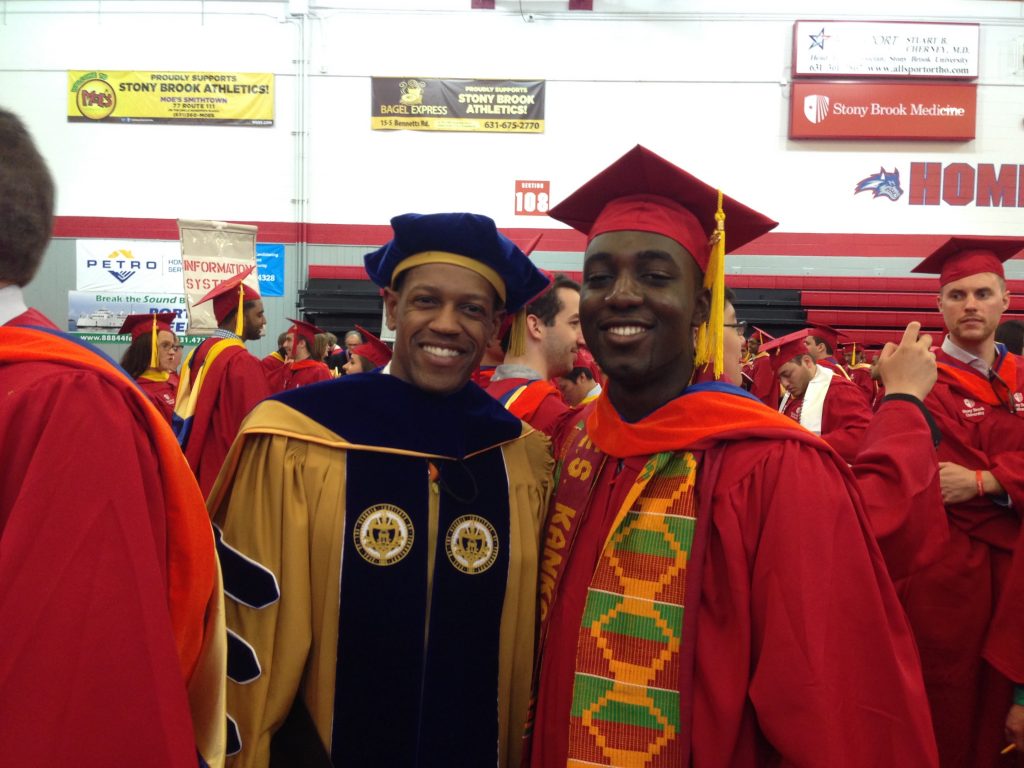
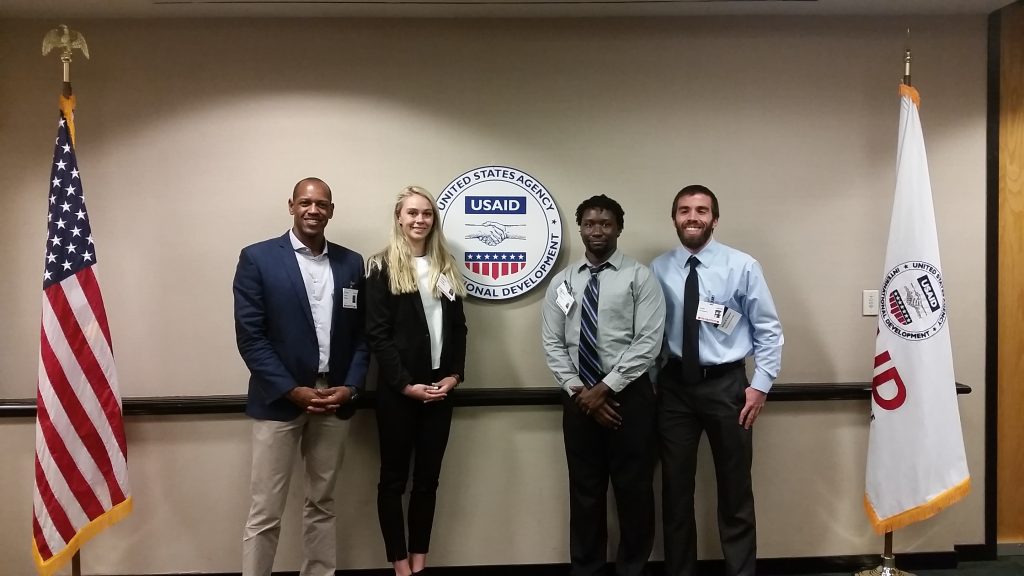


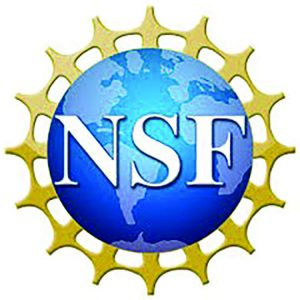
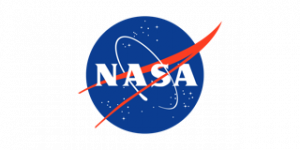

Hello,
We present to you a ”Private Global Scientific Research Institute – Hazardous Waste Destruction and Innovation”.
We have a project for the implementation of the INSTITUTE on the territory of Switzerland and Bulgaria.
According to the plan, we will build a laboratory engineering-testing complex in Bulgaria, and the main body for theoretical scientific research activity will be located in Switzerland.
If you are interested in the project – its goals and structure, we could discuss your possible help and even partnership!
THERE IS NO OTHER SIMILAR SCIENTIFIC RESEARCH INSTITUTE WORLDWIDE!!!